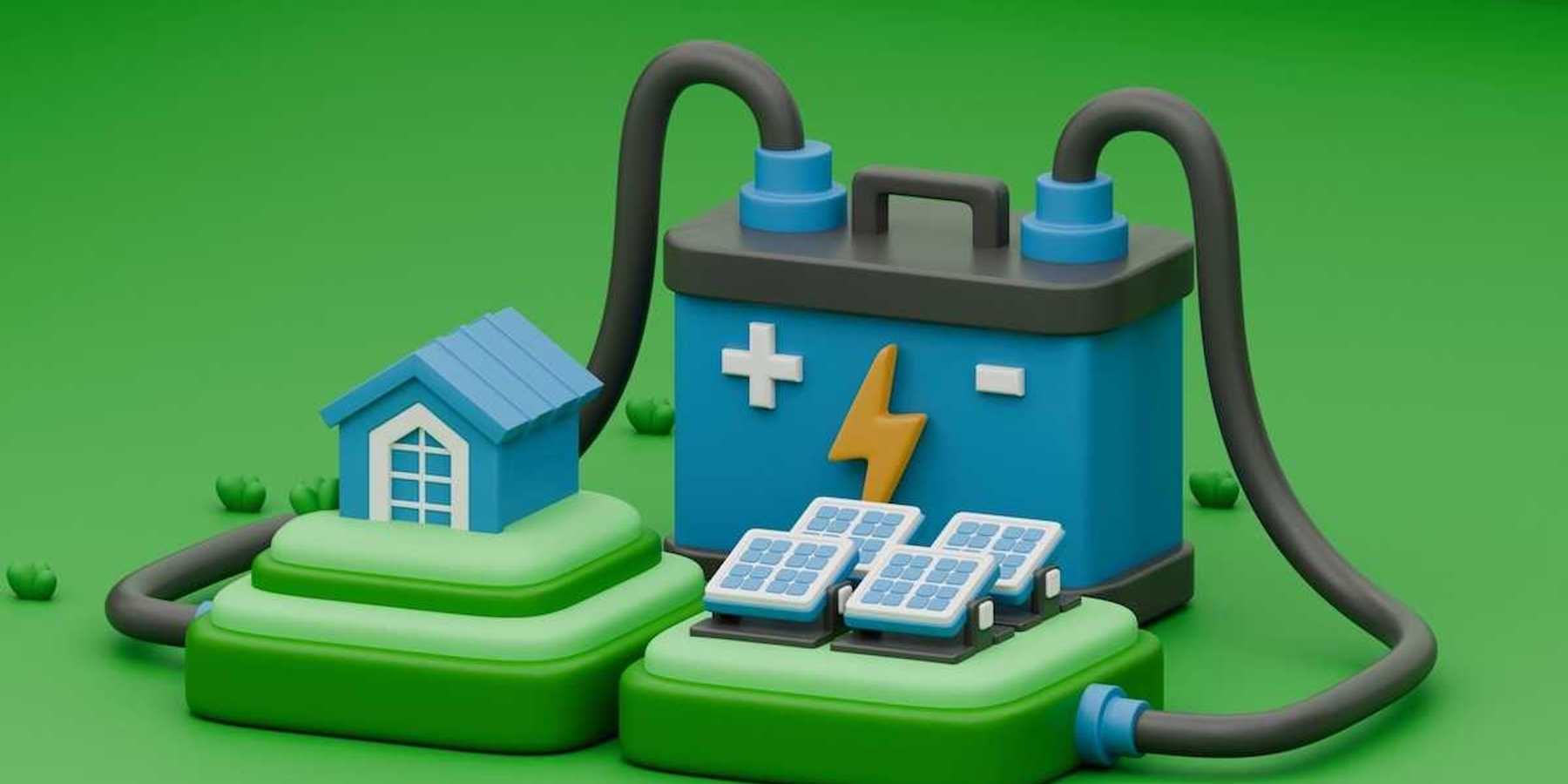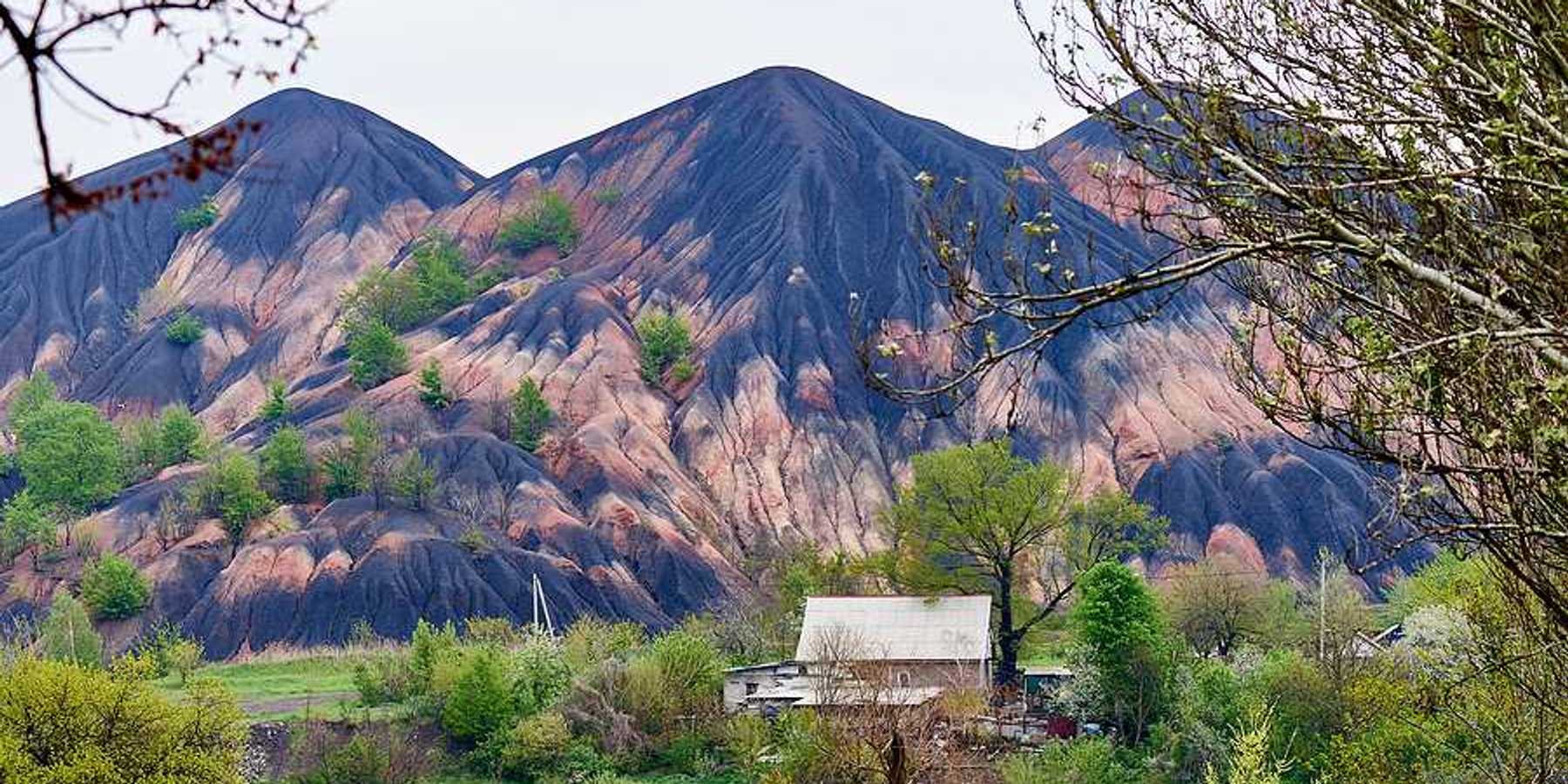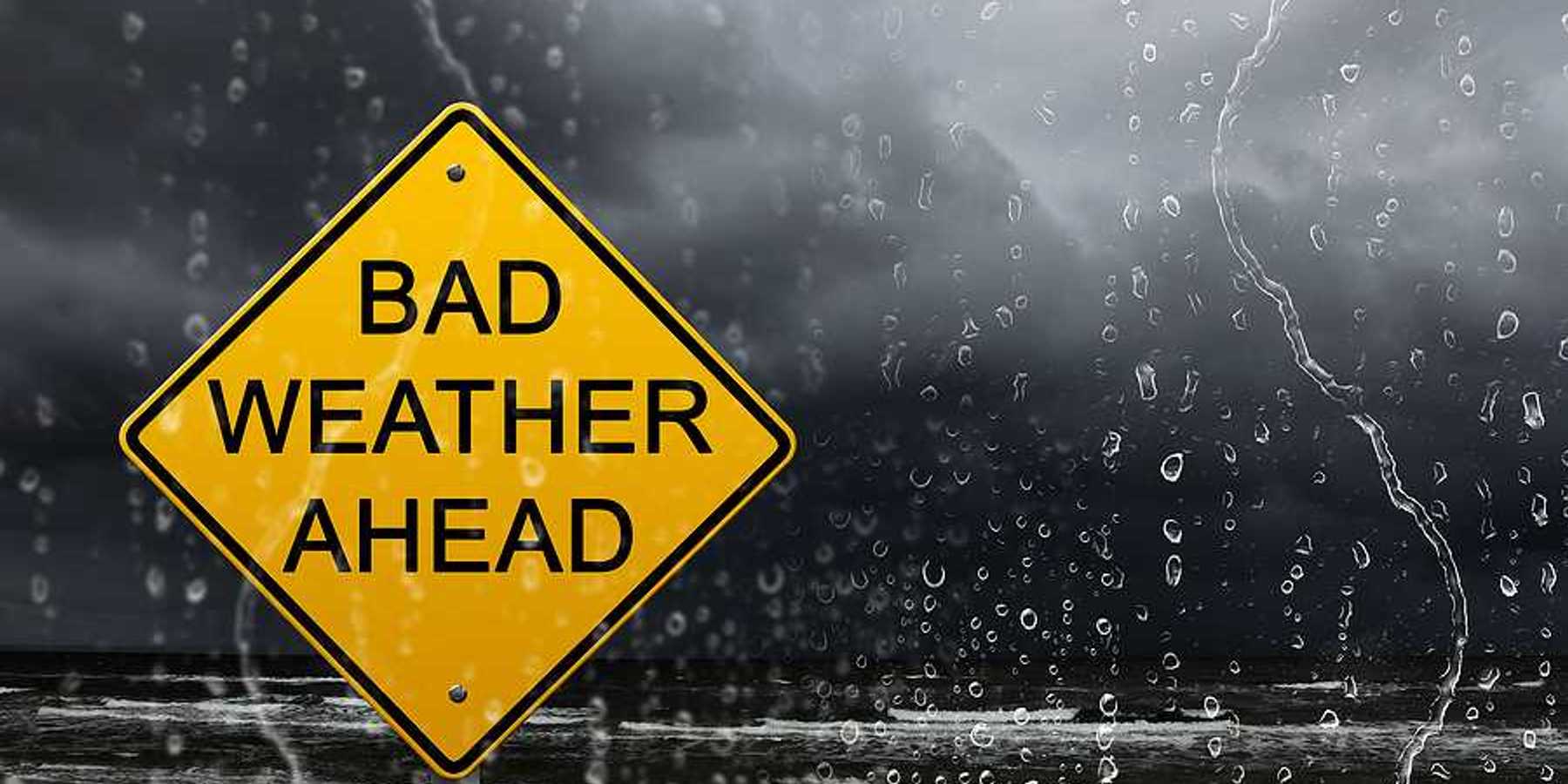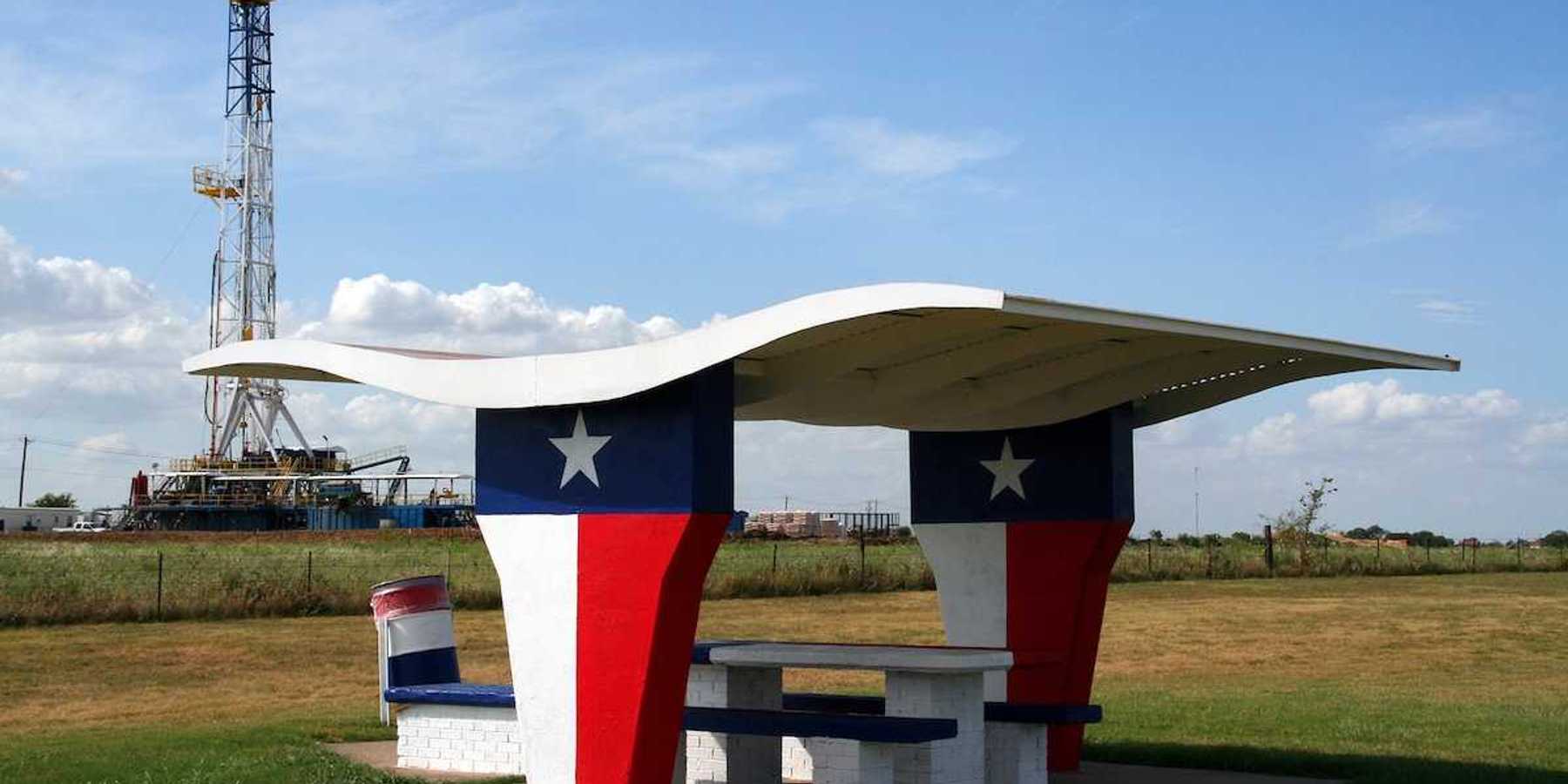Puerto Rico’s climate scientists lose federal support amid new Trump policies
As President Trump imposes restrictions on climate-related research, scientists in Puerto Rico warn that canceled grants and vanishing funding are halting critical studies on environmental threats in one of the world’s most climate-vulnerable regions.
Víctor Rodríguez Velázquez reports for Centro de Periodismo Investigativo.
In short:
- Trump administration policies are cutting climate and health research funding across Puerto Rico, particularly affecting federal grants from NASA, NOAA, NIH, and USDA.
- Researchers report they are being pressured to omit terms like “climate change” and “diversity” from proposals to avoid rejection, which they say leads to censorship and self-censorship.
- At risk are studies on coastal erosion, renewable energy, heat impacts on schools, and the links between climate and disease, all crucial in a region increasingly affected by hurricanes and sea level rise.
Key quote:
“It’s a gag on innovation, integrity, and creativity in the scientific community.”
— Manuel Valdés Pizzini, director of the Interdisciplinary Center for Coastal Studies
Why this matters:
Puerto Rico sits on the frontlines of climate disruption, already battered by hurricanes, coastal erosion, and deadly heat. As hurricanes intensify and shorelines retreat, the island’s capacity to monitor and respond to environmental threats is being quietly dismantled. Budget cuts and political uncertainty have left universities and research institutions scrambling, with key studies halted and young scientists heading to the mainland or abandoning the field altogether.
The timing couldn’t be worse. Communities already reeling from years of recovery after Hurricanes Maria and Fiona are also facing soaring temperatures, a stressed power grid, and limited access to clean water. When funding for climate and health research dries up, so does the lifeline that connects vulnerable populations to early warnings and long-term solutions. The result is a dangerous knowledge gap — one that deepens inequity and leaves the island exposed to the accelerating chaos of a warming world.
Learn more: Data gaps in US territories threaten climate resilience













